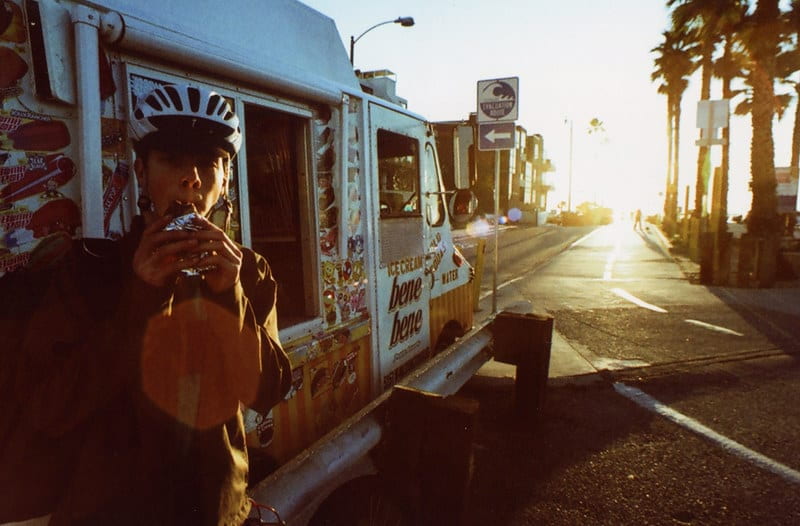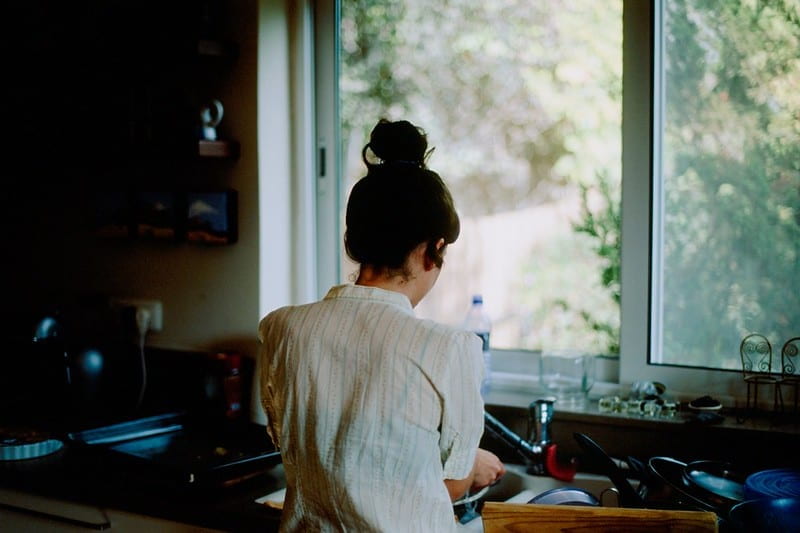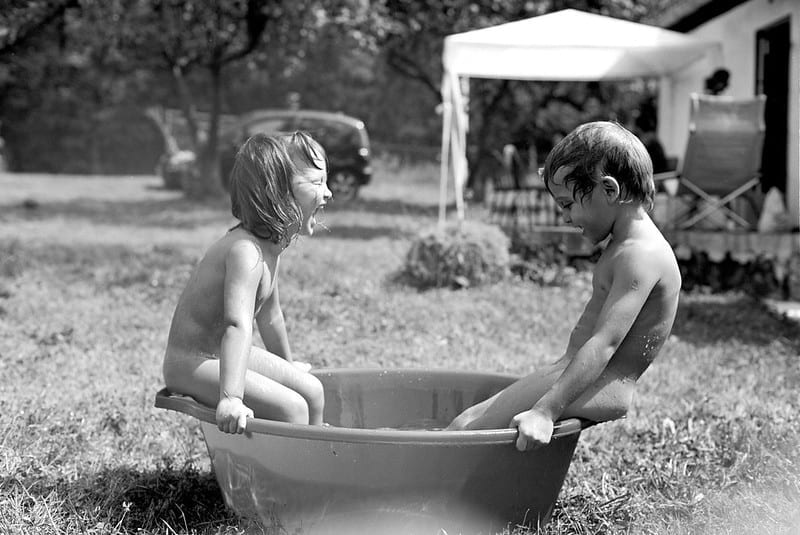by Eni Owoeye
 To “live sustainably” in the United States is to participate in an ever evolving campaign. Images of the stereotypical “greenie” – bike riders, DIY fanatics, and the quintessential vegan – have always existed in this landscape, and as technological advancements make our lives easier, we often find innovative ways to replace the status quo. Every year our cars get sleeker, and smaller, and ever more “green”.
To “live sustainably” in the United States is to participate in an ever evolving campaign. Images of the stereotypical “greenie” – bike riders, DIY fanatics, and the quintessential vegan – have always existed in this landscape, and as technological advancements make our lives easier, we often find innovative ways to replace the status quo. Every year our cars get sleeker, and smaller, and ever more “green”.
But for many individuals, the status quo IS sustainable. Stewardship is a cultural norm. I’ve asked students and administrators across our campus to share lessons from their mother – knowledge preserved through space and time, a testament to the ingenuity and simplicity that can exist beyond contemporary eco-friendliness.
 Wayne, a North Carolinan graduate student, fondly recalls his family’s daily practice of food preservation. As a proud Chamorro, the indigenous people of Guam, Wayne and his family make sure to use every part of the plant or animal when cooking. Whether it’s saving the chicken bones for stock or ensuring every part of a vegetable is utilized, this practice strives for more than the ‘zero waste lifestyle’. Guam’s geographic isolation inspires a unique relationship between people and place. Respect for natural resources is central to this relationship. Although colonization at the hands of Spain, Japan, and the United States has diluted and destroyed many historical and ancestral Chamorro practices, Wayne sees the resilience of his people embeded in their cultural values, their relationship to food and land, and in himself.
Wayne, a North Carolinan graduate student, fondly recalls his family’s daily practice of food preservation. As a proud Chamorro, the indigenous people of Guam, Wayne and his family make sure to use every part of the plant or animal when cooking. Whether it’s saving the chicken bones for stock or ensuring every part of a vegetable is utilized, this practice strives for more than the ‘zero waste lifestyle’. Guam’s geographic isolation inspires a unique relationship between people and place. Respect for natural resources is central to this relationship. Although colonization at the hands of Spain, Japan, and the United States has diluted and destroyed many historical and ancestral Chamorro practices, Wayne sees the resilience of his people embeded in their cultural values, their relationship to food and land, and in himself.
In order to minimize the need to repurchase single-use designed resources, a Korean-American administrator spoke of how her family found their own way of recycling. “In my family,” she says, “any container that may have been single-use but still seemed in tact was washed and reused”. A prime example of this? Washing and reusing ziploc/plastic bags. By extending the life of these everyday materials, saving money and reducing trash can be achieved with just a little soap and water.
“The larger implications of this practice were noted by another NYU administrator: “I think [reusing containers] comes from a feeling of not wanting to throw away things that still seem perfectly good.” Her Korean emigrated parents experienced the aftermath of the Korean War during their childhood and teenage years; not wasting things was a necessity.”
 My lessons of sustainability were also earned through generational wisdom. My mother carried her lessons from Nigeria and brought them with her to the US. My fondest daily practice? Bucket baths. If my mom hears the water running for longer than needed, she is the first person to remind us of how she accessed water growing up: by walking miles just to collect barely sanitatable water from a waterway outside of her village. While not a scarcity in my household, water is sacred, a blessing. Every once in a while, I’d take a shower when my mom wasn’t home and therefore couldn’t stop me, but there is something quite magical about taking a bucket bath. By collecting the water in a bucket under the faucet, my childhood baths always ended in triumph: my mom would take the remaining water in the bucket and release it over my head, transporting me to another world for those brief seconds. Now, I can put essential oils or whatever else into my water-filled bucket, knowing this is more than just a cleansing method; it was the way of life for my ancestors by force and my way of life by choice.
My lessons of sustainability were also earned through generational wisdom. My mother carried her lessons from Nigeria and brought them with her to the US. My fondest daily practice? Bucket baths. If my mom hears the water running for longer than needed, she is the first person to remind us of how she accessed water growing up: by walking miles just to collect barely sanitatable water from a waterway outside of her village. While not a scarcity in my household, water is sacred, a blessing. Every once in a while, I’d take a shower when my mom wasn’t home and therefore couldn’t stop me, but there is something quite magical about taking a bucket bath. By collecting the water in a bucket under the faucet, my childhood baths always ended in triumph: my mom would take the remaining water in the bucket and release it over my head, transporting me to another world for those brief seconds. Now, I can put essential oils or whatever else into my water-filled bucket, knowing this is more than just a cleansing method; it was the way of life for my ancestors by force and my way of life by choice.
Individuals from lower income backgrounds and the Global South should be recognised for their continuous stewardship. These tactics – and plenty more – have existed for generations and yet we often frame environmentalism and stewardship as a new phenomenon, including expensive organic food and even more expensive technological innovations. Although there is nothing inherently wrong with these advancements, positioning them as the only way to transition into a sustainable way of life can often intimidate and alienate people who are economically disadvantaged.
“At NYU NYC, our backgrounds, whether domestic or international, come together on Lenape land. It is imperative we remember the original stewards for this land before their violent displacement and work to remedy our relationship with the Earth by incorporating both new and old avenues of sustainable lifestyle choices.”
